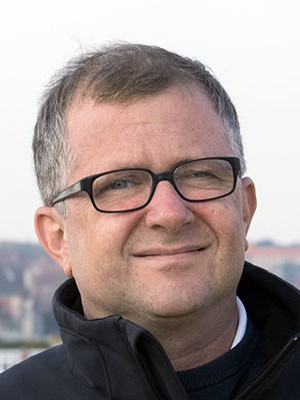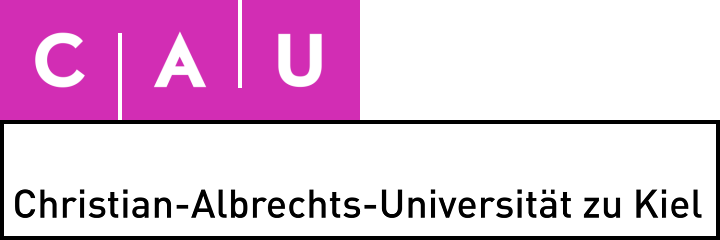Project IRTG - Integrated Research Training Group

The Integrated Research Training Group (IRTG) within CRC 1261 has been instrumental in fostering the development of early-career researchers. In its second funding period, the IRTG saw active participation from, and integration of, numerous doctoral and postdoctoral researchers and witnessed the successful completion of 12 doctorates, with more expected to follow. It was efficiently managed by dedicated staff and the IRTG Board, ensuring the smooth execution of a clearly defined program, which encompassed four core action areas: Supervision, Competence Development, Interdisciplinary Exchange, and International Experience.
In the area of Supervision, the IRTG established agreements to clarify roles and responsibilities for early-career researchers and supervisors, ensuring a structured approach to research progress. A notable development was the introduction of the Thesis Advisory Committee (TAC), which aims to encourage scientific discourse and enhance the efficiency of scientific writing. In the Competence Development area, activities such as a booster phase for new researchers and a comprehensive program of lectures, workshops, and outreach activities were designed and implemented. The integration of peer-to-peer knowledge transfer was particularly successful. Interdisciplinary Exchange flourished within the IRTG, with a transition from students-only workshops to member meetings, facilitating voluntary, informal exchange among all researchers involved. Moreover, CRC retreats and summer schools served as vital networking and learning platforms. The IRTG's commitment to International Experience was evident through external research stays, conference participations and an international fellowship program, providing valuable opportunities for international exposure, skill development, and network expansion.
To ensure that IRTG program measures remain effective, monitoring and evaluation of the program is facilitated by an evaluation process in conjunction with the Scientific Outreach Project (SOP) of the CRC. Actions are then adjusted according to the results of the evaluations. The successful implementation of changes throughout this funding period, such as the TAC and the elimination of the Credit Point System, exemplifies the efficacy of and dedication to the self-evaluation approach, and IRTG's adaptability and commitment to supporting the early-career researchers of this CRC.
In conclusion, based on this program, the IRTG has thrived in the collaborative environment of CRC 1261, centrally contributing to the development of early-career researchers, to interdisciplinary research and to scientific engagement.
Involved Researchers
| Person | Role | |
|---|---|---|
 |
Prof. Dr. Martina Gerken Electrical Engineering Integrated Systems and Photonics |
Project lead |
 |
Prof. Dr. Walter Maetzler Medicine Neurology |
Project lead |
 |
Prof. Dr. Jeffrey McCord Materials Science Nanoscale Magnetic Materials |
Project lead |




